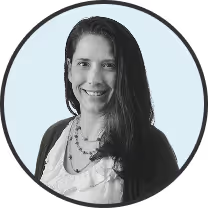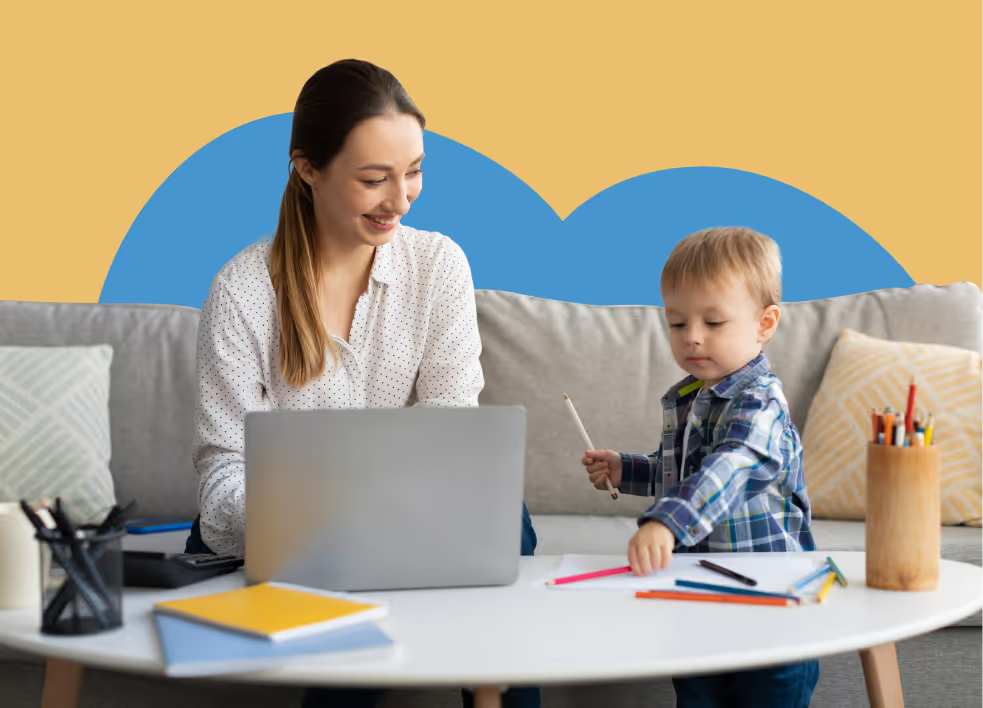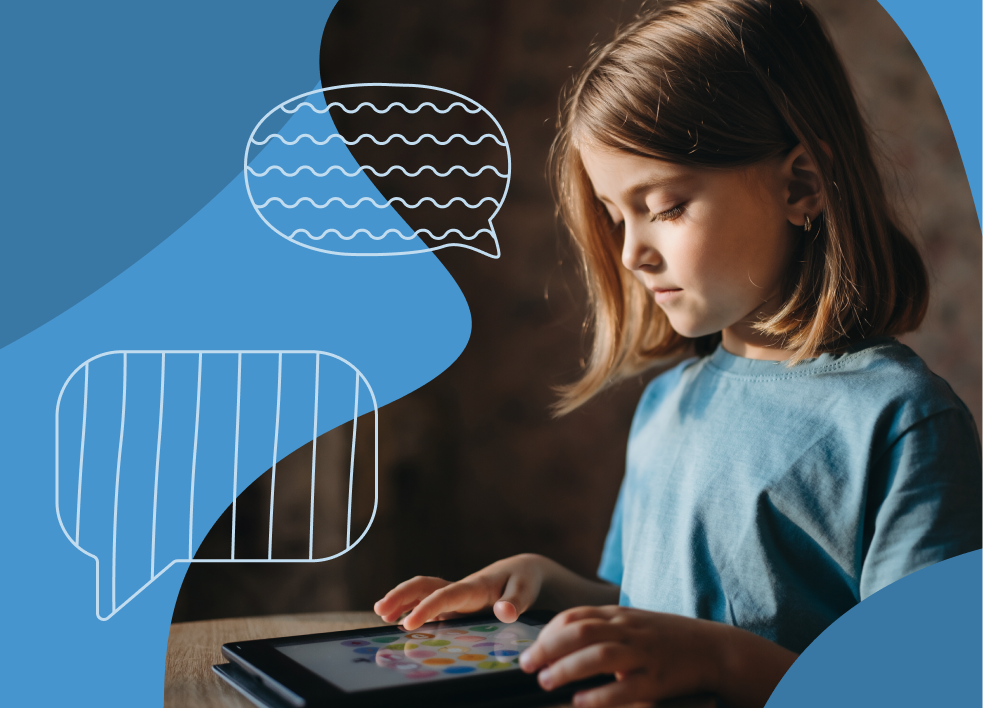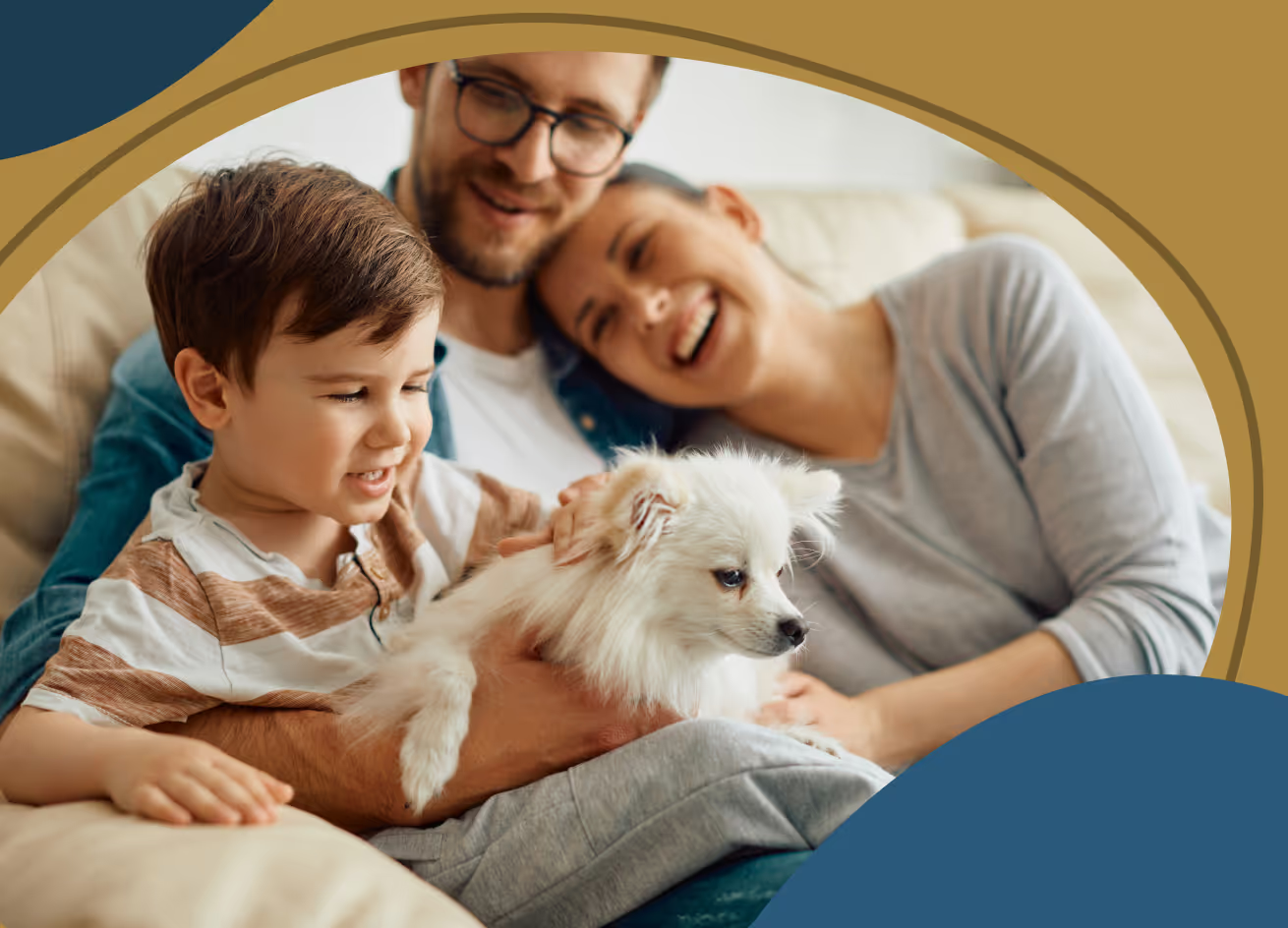Will My Autistic Child Ever Communicate?
It is a question that is heard often as speech language pathologists (SLPs) and most commonly, from a very concerned parent. "Will my child ever talk? Will they ever use words? Why can't they speak? What will happen to them in the future?" Not only are SLP's responsible for addressing the communication challenges of a child, but also, helping others understand how to best support and encourage their loved ones’ communication - in whatever form possible for them, which is just as important. If you're a caregiver of a child who is non-speaking, these are normal questions. We happily welcome the opportunity to discuss them openly.
It is no surprise that learning to speak and engage in conversation often comes easily for neurotypical individuals or those with "normal" communication development. What needs to be explicitly debunked is: that communication is limited to the use of one's mouth. Communication, in its simplest form, is 'the exchange of information'. A more elaborate definition from Webster's Dictionary defines communication as 'a process by which information is exchanged between individuals through a common system of symbols, signs, or behavior'. Communication is not specific to the use of verbal words or correspondence. This is imperative to realize when discussing communication styles, challenges and goals for a child. This means that communication may include (but is not limited to) non-verbal cues, flash cards, sign-language, digital modalities and more. If your child is making attempts to exchange with you, it is considered communication. Communication is in our nature, as it is within your child's - it may simply look a bit unconventional and unique.
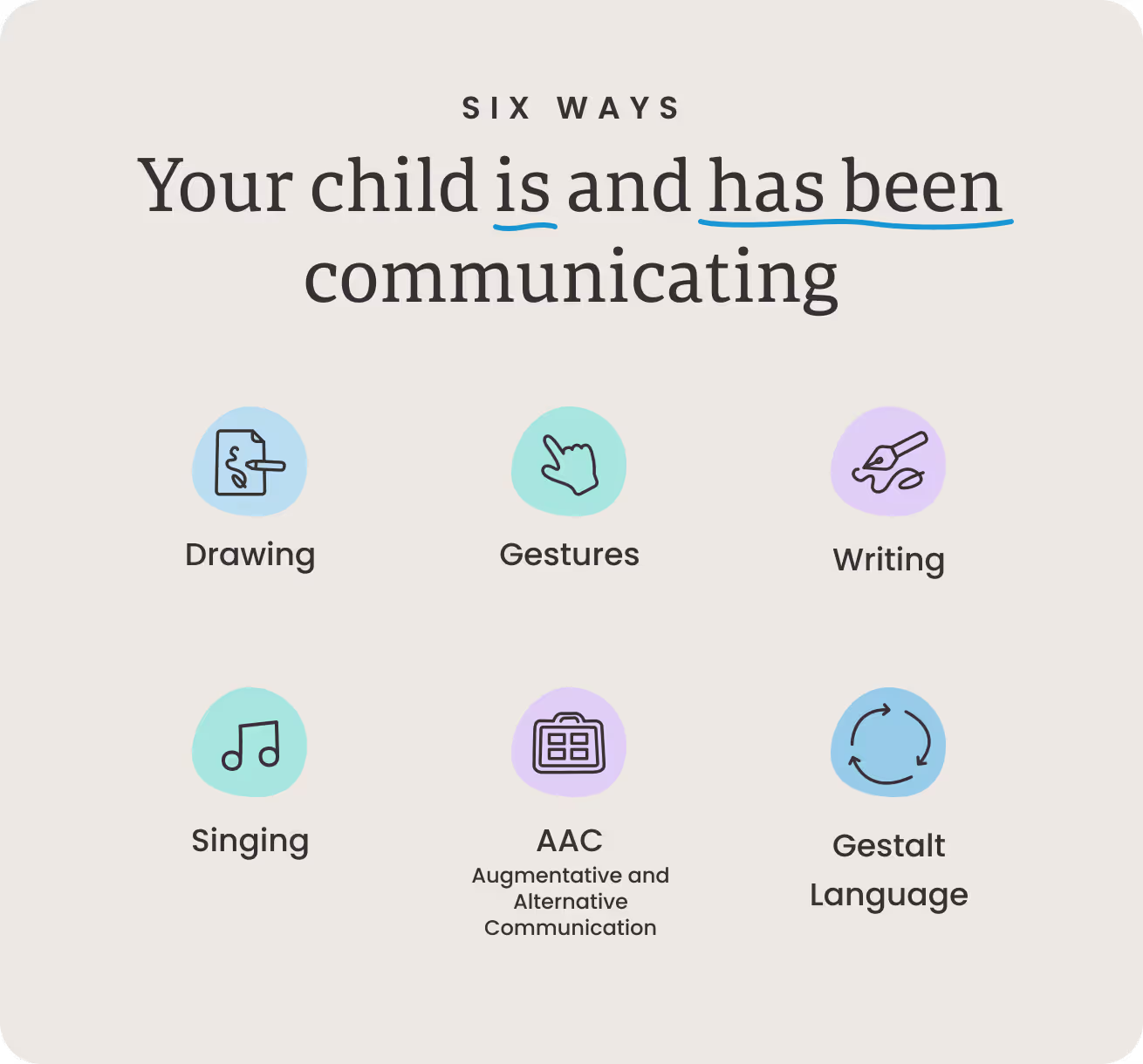
Speech, on the other hand, is different. It refers to using one's voice to express a thought through spoken words. For autistic children, speaking can present unique challenges, such as delays in speech development, difficulty pronouncing certain words, or struggling with specific letters. These challenges can arise from various factors, but a speech language pathologist is trained to assess and address these issues, providing tailored strategies and support to help the child improve their spoken communication skills, while also ensuring the child is able to communicate in other ways as well.
SLPs are professionally trained experts who evaluate and treat a broad spectrum of communication challenges, including those beyond just spoken language. They are equipped to work with individuals facing difficulties in areas such as language comprehension, social communication, non-verbal communication, and motor speech issues. With every child having a unique profile, SLPs customize their approaches based on the specific needs and abilities of each child. By using personalized strategies, they help overcome barriers to effective communication through multiple functions: Augmentative and Alternative Communication (AAC), spoken words, gestures, sounds, songs, phrases, sign language, and more. This promotes progress in both spoken and non-verbal forms of expression.
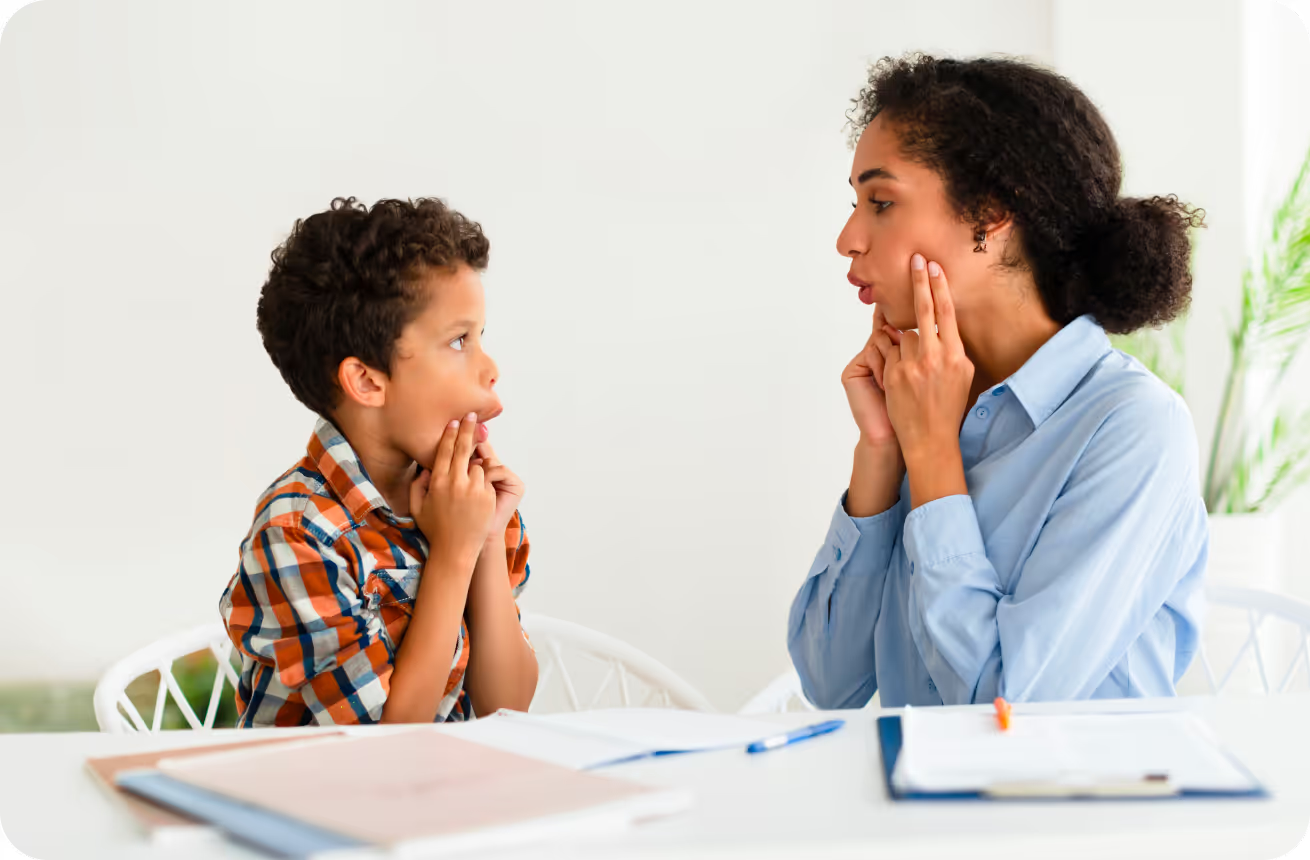
AAC has been proven to support children’s access to their spoken language. It helps a child communicate their thoughts more clearly and consistently and gives a clear model of words for a child to hear as many times as they desire, should they choose to activate that button. This decreases frustration, increases intentionality, promotes agency and independence and motivates the child to use spoken words more as their ability to express themselves grows. It can feel counter intuitive, but it’s a fact we see repeatedly. When children are met where they are and supported in ways that match their individual profiles, growth is more likely. Technology is everywhere and used all the time; it is beautiful when we can harness the power of it and help our kids communicate their amazing thoughts to us – however they are able to, in that very moment.



